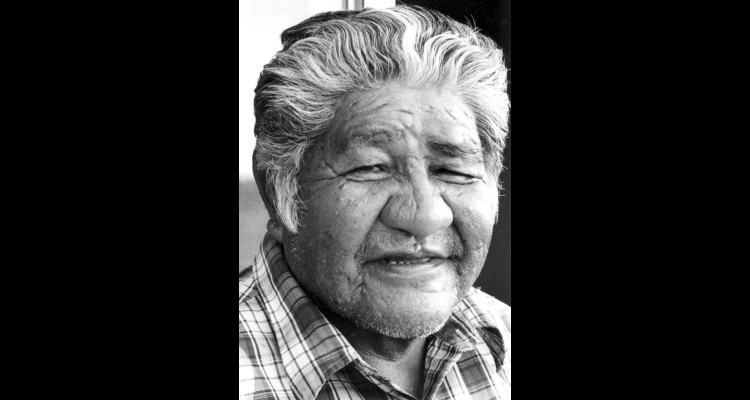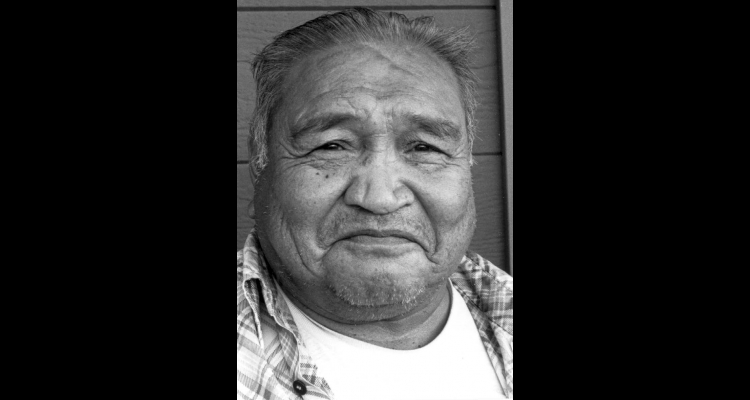Marvin Dressler and Ted Sallee: An Oral History
Marvin Dressler and Ted Sallee: A Contribution to a Survey of Life in Carson Valley from First Settlement through the 1950s
Interviewee: Marvin Dressler and Ted Sallee
Interviewed: 1984
Published: 1984
Interviewer: R. T. King
UNOHP Catalog #113
During the second and third decades of the twentieth century, the Washoe occupants of Carson Valley began deserting homes on property owned by ranchers who employed them to congregate on land south of Gardnerville—the so-called colony of Dresslerville, forty acres set aside for them by William Dressler in 1917. There were accompanying changes in their way of life. In return for having a place of their own, they chose to give up gardens, fruit trees and immediate access to the bounties of nature that were often available on the fertile, irrigated ranch lands: Dresslerville is on a sandy, sagebrush plateau.
Marvin Dressler and Ted Sallee were born in 1919 and 1920, respectively, to Washoe families living on land owned by non-Indians. By the 1930s both families had relocated in the Dresslerville colony. In this 1984 interview Mr. Dressler and Mr. Sallee remember their youth in Carson Valley, concentrating on the pre-World War II days. There are also descriptions of their birthplaces, a particularly detailed picture being provided by Marvin Dressler of his family home on the site of the nineteenth-century Laverone homestead.
As time passed, social relationships between the Washoe and non-Indians underwent changes. Mr. Dressler and Mr. Sallee recall incidents and personalities that are representative of a vanished era. While individual ranchers are spoken of with respect and admiration, both men are critical of certain social customs that once prevailed. Among those discussed are the Minden-Gardnerville curfew for Washoe, the denial of access to dining rooms in restaurants, the segregation of theaters, and the differential enforcement of local laws. The reader will also find brief descriptions of traditional Washoe gathering places in the valley, complete, in some cases, with their Washoe names. This interview is a significant addition to a growing body of information from the Washoe people about their life in Carson Valley since white contact.
This introduction and oral history is reprinted with permission from the University of Nevada Oral History Archive, Special Collections and University Archives, University of Nevada, Reno.
Article Locations
Related Articles
None at this time.
Further Reading
None at this time.


